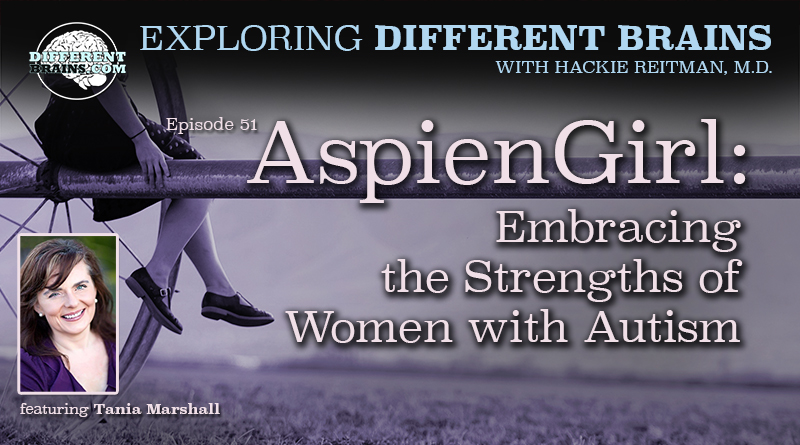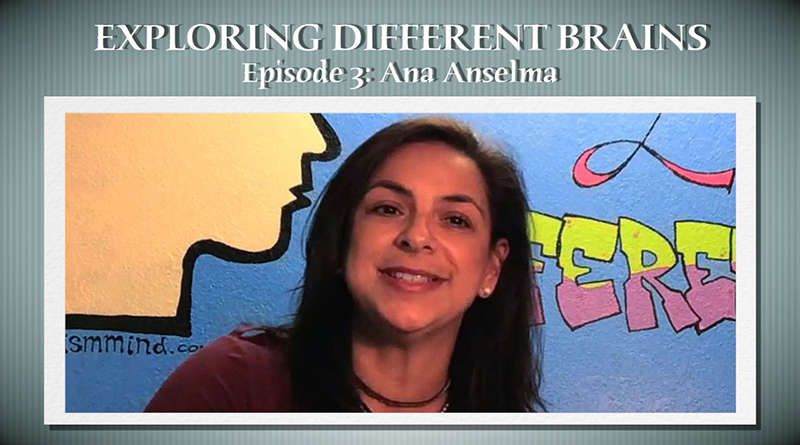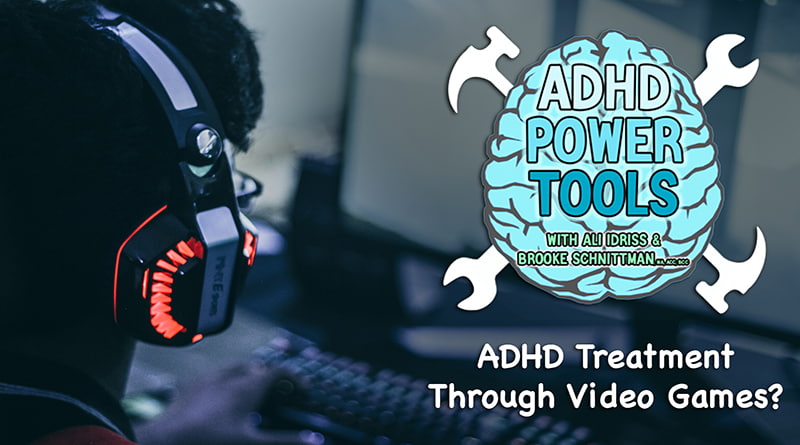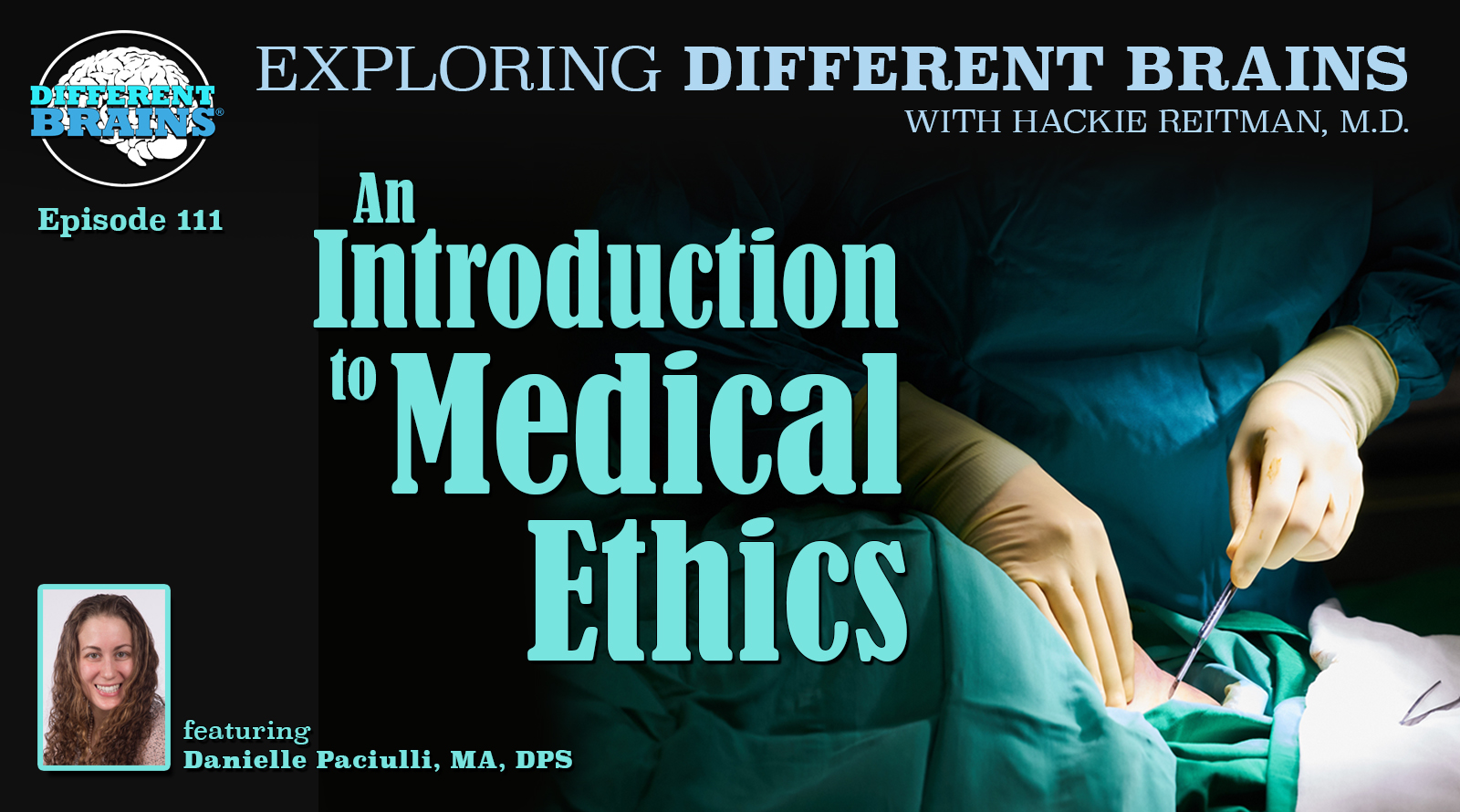
AspienGirl: Embracing the Strengths of Women with Autism, with Tania Marshall | EDB 51
In this episode, Harold Reitman, M.D. speaks with psychologist and award-winning author Tania Marshall. Tania comes all the way from Australia, and discusses her AspienGirl book series (which includes “Aspiengirl: Not Your Average Superhero” and “I am AspienWoman: The Unique Characteristics, Traits, and Gifts of Adult Females on the Autism Spectrum”), the challenges neurodiverse females face in getting proper diagnoses, and the unique abilities of women on the autism spectrum.
For more about Tania, visit: http://www.taniamarshall.com/
For more about the AspienGirl book series, visit: http://www.AspienGirl.com/
46 Second Preview:
To listen or download the podcast version of this episode, see the embedded player below.
Or look for us on your favorite podcast provider:
iTunes | Stitcher | SoundCloud
[expand title=”Click Here to View Full Transcript”]
HACKIE REITMAN, M.D. (HR): Welcome to another episode of exploring different brains. Today we go all the way to Australia to talk to the best selling author, Tania Marshall, her latest book: Aspien Girl, Not Your Average Super Hero. Among other great books is our guest Tania great to have you, how are you?
TANIA MARSHALL (TM): Hi and thank you for having me on the show. We’re great.
HR: Tania why don’t you introduce yourself to our audience.
TM: Sure, my name is Tania Marshal and I’m a psychologist over here in Australia, and I work primarily with high functioning neurodiverse people, in particular females. Females are widley under recognized in the world. An area that we’re quite concerned about.
HR: Tell our audience here, what you feel the big differences are between Aspie in women and guys with Asperger’s.
TM: Well were starting to understand only just recently, as recent as just last year and this year, some of the gender differences. And some of the differences are that girls tend to internalize where as boys externalize behavioral wise. Girls also seem to be more social, whether that’s a cultural thing or they’re just more social in general than boys. But not as social as your typical girls. So they’re still struggling. It also seems to be that the higher the IQ or the higher the intelligence the more able the girl is able to mask, we use the words masking or compensatory strategies which is actually an area that I’m interested in writing about right now is how do these girls manage to pass as normal or manage to get through so many years using certain skills with out being picked up. So that’s a couple of differences there. I’m aware that recently Yale has just released about, or about to release a study on the brain scans and the brain differences between girls and boys. So that is going to be very good for helping us to understand those differences and then start making interventions for girls. Even before we start doing that we need assessment tools for girl. Because there are very few assessment tools for girls out there and non-for female adults.
HR: Do you feel also that there is a component of, for lack of a better term I’ll call it the cultural demands on a female versus a male that allow them to mask it better?
TM: Yeah I do for sure. I think that culturally that females are expected, they have certain expectations on then more so than males do. And I think that makes it much more challenging for them to try and fit in. And if they don’t feel like they don’t want to look like how society wants them a woman to look that there might be something wrong with them, as they’ve told me.
HR: Tell us the names, you’ve written so many books and everything and these bestsellers and everything, tell us some of the names of some of your books for our viewers.
TM: Ok, well I wrote, if we go back a little bit there wasn’t a lot information and when I was working with these girls their parents were looking for information or parents were coming to me with their girls because they just weren’t satisfied with answers they were getting. It just didn’t seem to fit when they’d go on to see other professionals. So I thought, I’d been working as a psychologist for many many years and I want to start writing about my work. So my first book I am Aspien Girl, was really just about describing what I was seeing in the girls that came into my clinic. So I was seeing this profile of real abilities and real gifts and then significant challenges, as well. Those were traits that varied from mild to severe. The core theme that came out narrative wise was the sense of feeling different from their peers. That of course goes from feeling different from their peers all the way to I’m just not from this planet at all. I’ve got one person that as she made it to, she’s in my second book I am Aspien Women and she’s a mentor and she made it through the second round of the Mars project. She wanted to go to Mars because she doesn’t like it here on Earth. I think another theme is many of the females are not being supported.
HR: Please define what you mean not being supported?
TM: They’re not being understood first of all. They’re being misdiagnosed. And they’re also being put on medications that aren’t based on those diagnoses that aren’t helpful. A lot of times are not supported in all. So there isn’t the awareness from professionals, psychologists or psychiatrists, haven’t understood that Asperger’s is how it presents in males. So when a female presents then she can’t have Asperger’s if she’s making eye contact or if she’s having a superficial conversation or if she’s showing some appropriate body language because she has taught her self to do that and she’s copied or mimicked her peers. So she knows how to do that. But if you dig a little deeper then you can find out that she’s got some social skills problems and she’s got some anxiety and she’s really trying hard on a day-to-day basis just to get through the day.
HR: Because of all of your best sellers and everything you’ve written about females, are viewers and listeners are going to want to know, what do you think about in your experience anyhow the unique gifts that might be more associated with the women than a male or are the unique gifts the same and I know I agree with my daughter Rebecca too that every brain is different, they’re like snowflakes, no two are alike so we’re generalizing here, but do you feel there are unique gifts that have occurred with more frequency in one gender than the other in your experience because you’ve had a tremendous amount of experience.
TM: Thank you, I mean I’ve seen females with all kinds of gifts. But I do see one difference in the caring profession that I see more females who go into or becoming teachers or nurses, special needs teachers in particular or social workers. So I tend to see that as a difference but across genders I see a lot performing artists which is a very big area from singing to poetry to writing books to acting and so on and so forth. So I would say in my experience I tend to see more females in the caring professions. I’ve seen hundreds and hundreds of females and there is not a stereotype, there is not a tomboy stereotype. There are different kinds of, I guess if you wanted to sub tight them into groups, in my first book I am Aspien Girl; I had twins a set of twins. One is a tomboy and one is a princess, she’s very very girly. She’d be the least to be picked up or diagnosed so I think that it’s important to understand that there are different types of girls. And the least ones to be picked up are the princessy, super model type of girls, because they’re very superficially social and they have a high IQ and they’ve told me that they’ve taught themselves by mimicking and copying and knowing what to do and what to say and they’re quite high achievers.
I’m trying to think, there was one more thing I wanted to point out about girls, I guess I mentioned it before, the professional knowledge is lacking but also the assessment tools. So something like the gold standard ADOS has now been shown by research to not be very good at picking up girls. The subtle characteristics. For example they might meet two of the modules but not the third one. Or they might just be underneath the cut off. So it’s important for professionals to have training in this area and to understand how to look for the girls and what kinds of questions you ask that would be differently than for males.
HR: Tania as you know, women as opposed to men are put in a much more difficult position when it comes to dating. What are some of the rules or advice you can give our Aspien females who are taking all of this in and also to the people who care for them, caring other parties whether they’re parents or friends or whoever, what kind of advice can you give them on dating?
TM: Wow that’s a big area because what we do know from even just recent research study, but I’ve known this for quite some time but there is time in between clinical evidence and research based evidence that females are at a very vulnerable, due to their social naivety, do get taken advantage of a lot. When it comes to dating, I think it’s really important that they learn about safety skills and what to do if they don’t feel comfortable and when not to put themselves in a place where they maybe unsafe because of their literalness or they misinterpret other people’s intentions which get them into quite some danger. So I think having a mentor about dating and reading about dating and how to be safe is extremely important. So when I work with teenagers and girls depending on where they are developmentally we’re often talking about safety in dating and what’s appropriate and what’s not appropriate. And how to protect yourself and things like that.
HR: I just want to close on a positive note from Tania Marshall to all of our Aspien Women out there.
TM: That would be: be yourself, find out what your strengths are, find a mentor, and go for it.
HR: I love that. That’s great.
TM: Be your own super hero. That’s the Aspiens model right? Be your own super hero not someone else.
HR: Be your own super hero not someone else.
TM: Yeah because a lot in the autobiography by graphical accounts of women, and this is my fourth book, is about the narratives and themes of what come out of all of those autobiographies. I’ve got hundred of them but I know the themes in my head because I’ve read them all and one of the themes is they’re not being themselves. So when they go identify they start copying and mimicking and pretending to be other people and then they don’t develop their own identity. So some of them go on to develop personality disorders. So they have both. But my motto is be yourself, right, you can be yourself by finding out what your strengths are, not trying to be like other neurotypicals, and having mentors or family members and caretakers support and nurture your strengths and gifts. So if you don’t know what they are, in my third book will be talking about how to find out what your strengths are, how to nurture them, how can parents help the child or the adolescent or the adult to do that and go in that direction.
HR: Tell our audience about how they can find you and your books and learn more about all of this great work you’re doing.
TM: Sure, the book has a website which is Aspiengirl.com so you can learn more about the books there. I also have my own personal website which is mostly about neurodiversity in females and some on males which is at taniamarshall.com. I also blog about female autism and female Asperger’s at taniaannmarshall.wordpress.com. And you can also email me at tania@aspiengirl.com.
HR:Thank you so much Tania, keep up the great work you do for so many, you’re an inspiration and we look forward to working with you.
TM: Me too. Thank you.
[/expand]
This video is owned by Different Brains Inc, kindly donated by it’s original producer PCE Media LLC.
Different Brains® Inc. founder Harold “Hackie” Reitman, M.D. is an author, filmmaker, retired orthopedic surgeon, former professional heavyweight boxer, the past chairman and president (and current board member) of The Boys and Girls Clubs of Broward County, and a neurodiversity advocate. However, it was his role as a father that led to the creation of the DifferentBrains.org website.
Hackie’s daughter Rebecca grew up with epilepsy, 23 vascular brains tumors, and underwent 2 brain surgeries before the age of 5. Her struggles and recovery put him on the road to, through 26 professional heavyweight boxing matches, raising money for children’s charities (to which he donated every fight purse).
Rebecca eventually went on to graduate from Georgia Tech with a degree in Discrete Mathematics, and Dr. Reitman wrote and produced a film based on her experiences there (The Square Root of 2, starring Darby Stanchfield of ABC’s Scandal). After graduation, Rebecca received a diagnosis of Asperger’s syndrome. Hackie, shocked at his own ignorance of the topic despite being an M.D., embarked on years of research that culminated with his book Aspertools: The Practical Guide for Understanding and Embracing Asperger’s, Autism Spectrum Disorders, and Neurodiversity (released by HCI books, publishers of the Chicken Soup for the Soul series).
This experience revealed to Hackie the interconnectedness of the conditions that fall under the neurodiversity umbrella, while alerting him to the in-fighting and fractured relations that often plague the organizations tasked with serving the community. Convinced that overcoming these schisms could help all of society, Hackie forged the Different Brains philosophy of inclusive advocacy: “Supporting Neurodiversity – From Autism to Alzheimer’s and All Brains In Between”.
In the company’s initial years of operation, Hackie self-financed all of the content on DifferentBrains.org, all of which offered free to view to the public. Currently he is the host of our weekly interview show Exploring Different Brains, writes blogs for the site, and tours the country speaking at conferences, conventions and private functions, all with the goal of improving the lives of neurodiverse individuals and their families, and maximizing the potential of those with different brains. Separate from Different Brains, Hackie is the founder and CEO of PCE Media, a media production company focusing on reality based content. He recently co-executive produced the documentary “Foreman”, the definitive feature documentary on legendary boxer and pitchman George Foreman.




